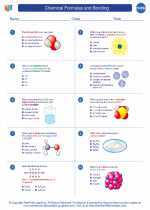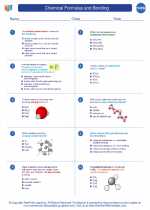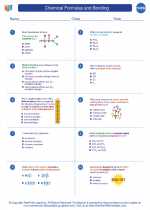Geological Events
Introduction
Geological events refer to natural phenomena and processes that occur on Earth's surface and within its interior. These events can have significant impacts on the planet's landscape, ecosystems, and human societies. Understanding geological events is crucial for predicting natural disasters, resource management, and environmental conservation.
Types of Geological Events
Geological events can be classified into various categories based on their nature and impact. Some of the major types of geological events include:
- Volcanic Eruptions: Sudden release of magma, ash, and gases from the Earth's crust, leading to the formation of volcanic landforms and potential hazards such as pyroclastic flows and ashfall.
- Earthquakes: Sudden movements along faults in the Earth's crust, resulting in the release of seismic energy that can cause ground shaking, tsunamis, and landslides.
- Landslides: Rapid downslope movement of rock, soil, and debris, often triggered by heavy rainfall, earthquakes, or volcanic activity.
- Tectonic Plate Movements: Shifting of the Earth's lithospheric plates, leading to the formation of mountains, oceanic trenches, and rift valleys.
- Glacial Events: Movement and melting of glaciers, shaping the landscape through processes such as erosion, deposition, and the formation of moraines.
- Meteorite Impacts: Collisions of celestial objects with the Earth's surface, creating impact craters and influencing geological and biological processes.
Study Guide
To understand geological events in more depth, consider the following study guide:
- Geological Processes: Study the fundamental processes that drive geological events, including plate tectonics, erosion, weathering, and sedimentation.
- Volcanism: Explore the types of volcanoes, their eruption styles, associated hazards, and the formation of volcanic landforms.
- Seismology: Learn about the causes of earthquakes, methods of seismic monitoring, and the impact of seismic waves on the Earth's crust.
- Geomorphology: Examine the role of geological events in shaping the Earth's surface features, such as mountains, valleys, and coastlines.
- Environmental Impacts: Understand the effects of geological events on ecosystems, natural resources, and human populations, and explore mitigation strategies for reducing risk.
- Historical Events: Investigate notable geological events from the past, their consequences, and the lessons learned for hazard preparedness and disaster management.
By studying geological events, you can gain a deeper appreciation for the dynamic processes that have shaped our planet and the importance of responsible stewardship of Earth's resources and environment.
[Geological Events] Related Worksheets and Study Guides:
.◂Chemistry Worksheets and Study Guides High School. Chemical Formulas and Bonding

 Worksheet/Answer key
Worksheet/Answer key
 Worksheet/Answer key
Worksheet/Answer key
